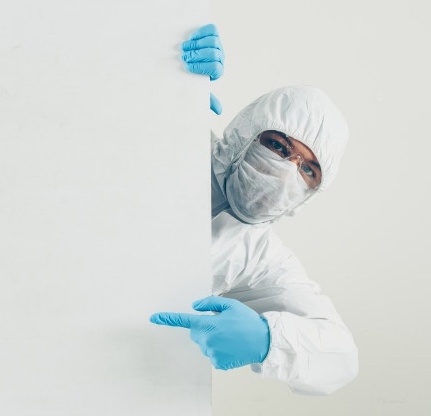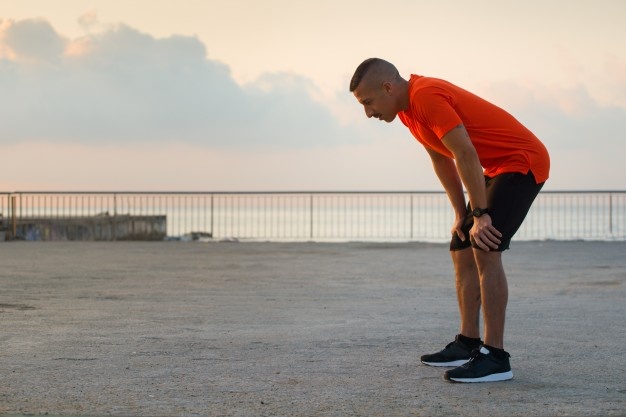
Is it possible to have had COVID-19 without even knowing it? Well, the answer to this one is yes! According to front-line doctors, many people tested positive for antibodies against Coronavirus, but had no idea when they’ve had it. In fact, almost 30% of COVID-19 patients during the first wave were asymptomatic. However, recent stats have showed that although these people didn’t get any symptoms when they had the virus, they almost all developed post-COVID-19 symptoms later on. What are these symptoms? And how can you know if you’ve already had the virus without testing? Find out below.
Bad Winter ‘cold’

Although it’s very likely to get a normal winter cold, there also high chances of this cold being a post-COVID complication. In addition, if normal antibiotics don’t do much effect, it could be because of the virus. However, people who suffer from any type of allergies can develop a bad cold with no relation to COVID-19.
Persistent Shortness of Breath

Yes, one of the main COVID-19 symptoms is related with chest pain and shortness of breath. As oppose to other viruses, SARS is particularly one that hits the respiratory system. Moreover, this was a crucial reason for the high mortality rates of Coronavirus. So, if you feel persistent shortness of breath accompanying any physical activity, without other symptoms, then you may have already survived the virus.
Red Eyes And Non-Ending Fatigue

All safety regulations advised against touching your face for a reason. Your eyes are the quickest gate of the virus into your body. For that reason, COVID-19 proved to have a significant impact on eyes, leaving them red and watery even after the virus leaves your body.

In addition, if the eyes are accompanied with extreme fatigue, then you’ve already had the virus for sure. That being said, non-ending fatigue can also be due to other factors, such as stress, vitamins and magnesium deficiency and even depression.
However, the only way to be sure is to get medical opinion. The antibodies test is quick and painless. Not only that it shows if you’ve had COVID-19 before, but it will also help you know if you are immune or still at risk of contagion.
Photos: Freepik.
